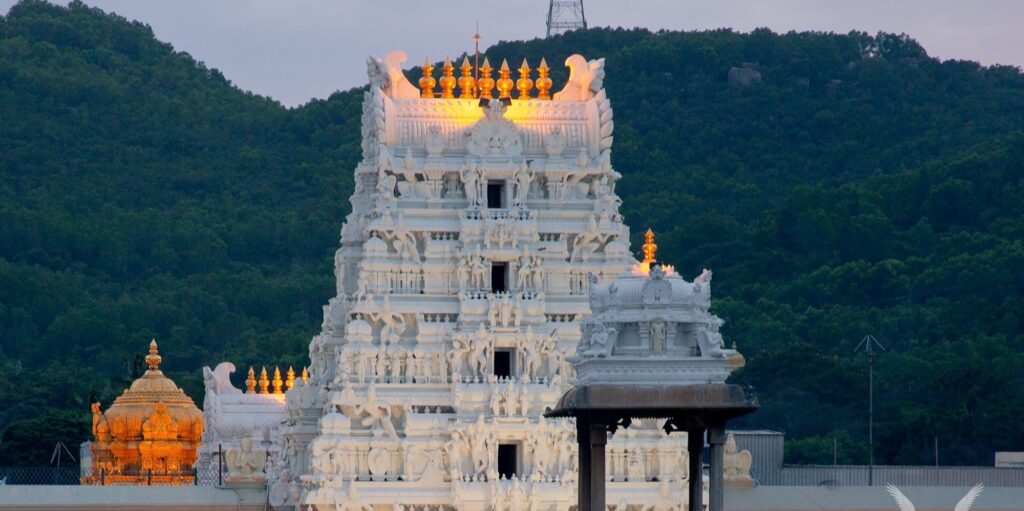Bangalore, often referred to as the “Garden City” or the “Silicon Valley of India,” is a vibrant metropolis cherished by its residents. However, amidst the city’s charm lies a persistent problem – the water crisis. As summer approaches, Bangaloreans brace themselves for the looming challenge of water scarcity, which plagues the city throughout the year. Let’s delve into the root causes behind Bangalore’s water woes, shedding light on the multifaceted issues contributing to this pressing concern.
1. Lack of Widespread Water Utility Services:
Despite being a rapidly growing city, Bangalore grapples with inadequate water infrastructure. The Bangalore Water Supply and Sewerage Board (BWSSB) has struggled to extend water pipelines to outer zones, leaving areas like Bellandur and Ramamurthy Nagar heavily reliant on erratic tanker water supply.
2. Non-Implementation of Government Water Schemes:
Despite ambitious promises made by successive governments, the implementation of water schemes remains a challenge. Drinking water and sanitation projects often fail to materialize, exacerbating the city’s water woes.
3. High Dependency on Rainwater:
Bangalore’s water supply hinges largely on rainfall, with reservoirs like Krishnaraj Sagar and Kabini serving as major sources. However, dwindling reservoir levels, coupled with erratic monsoons, exacerbate water scarcity, particularly during the dry season.
4. Encroachment into Natural Water Bodies:
Bangalore’s rapid urbanization has led to the encroachment of its pristine water bodies. Lakes and tanks, once emblematic of the city’s natural beauty, are now disappearing under the concrete jungle, further diminishing water resources.
Also Read: Badminton: The Fastest Racket Sport
5. Overexploitation of Groundwater:
With natural water bodies shrinking, Bangaloreans increasingly turn to groundwater for their daily needs. However, overexploitation and inadequate management lead to dwindling groundwater levels, posing a grave threat to water security.
6. Depleting Water Levels in Borewells:
Borewells, once a reliable source of water, now require drilling to unprecedented depths in search of water. Depletion of groundwater reserves exacerbates the challenge of accessing clean water.
7. Localized Distribution Network Issues:
In the absence of reliable government water services, the population resorts to tanker water supply. However, this channel suffers from mismanagement and lacks regulation, further aggravating water scarcity.
8. Impact of Failed Monsoons:
Bangalore’s vulnerability to climate change is evident in the erratic monsoons and diminishing rainfall. The city’s dependence on rainwater exacerbates the water crisis, as failed monsoons fail to replenish groundwater reserves.
The water crisis in Bangalore is a multifaceted issue stemming from inadequate infrastructure, mismanagement, and environmental degradation. Addressing these root causes requires concerted efforts from policymakers, authorities, and citizens. By understanding the underlying challenges, we can work towards sustainable solutions to ensure water security for Bangalore’s residents.
Also Read: Billie Eilish Becomes Youngest-Ever 2-Time Oscar Winner for Barbie











